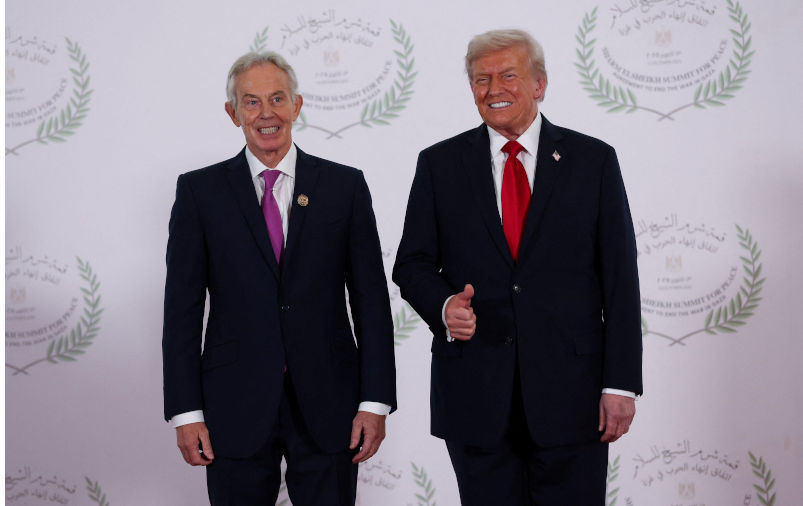Women are missing from peace negotiations, from strategic decision-making
October 23, 2025
There’s a new international body being set up to oversee Gaza’s future, called the “Board of Peace.” It’s part of Donald Trump’s plan for Gaza, with Tony Blair already named as a leading figure.
So far, not one woman has been announced as part of this group. Not one.
Even in Israel, where women hold nearly a quarter of parliamentary seats (29 of 120 as of October 2025, Israel Democracy Institute), the key decisions about war, genocide, occupation and peace rarely include them.
That’s where the problem starts.
How can the world keep claiming to fight for peace when half of humanity is missing from the table?
History has already shown us what happens when women are involved – and what’s lost when they’re not.
In Liberia, after years of civil war, women had had enough. Led by Leymah Gbowee, they built a peace movement that cut across religion and tribe. They prayed, they protested and they refused to leave until the men agreed to talk. Their persistence forced leaders to sign a peace deal – and it changed the course of a country.
In Northern Ireland, women like Monica McWilliams and the Northern Ireland Women’s Coalition demanded a voice during the Good Friday peace talks. While others argued over political power, they focused on what peace actually meant for people – safe homes, schools, jobs, education and healing. They made sure peace was not just an agreement, but a way forward.
When women are included, research shows that peace agreements are 35% more likely to last, not because women are “nicer” or more moral, but because they bring empathy, practicality and a focus on life beyond the ceasefire. They think about what happens the day after the guns and bombs go quiet.
We’ve seen in Gaza that women are keeping families fed, tending the wounded and sustaining communities – work that is essential, but often invisible. Meanwhile, the key decisions about occupation and peace are overwhelmingly made by men, including within formal Palestinian leadership structures, where women remain underrepresented.
Decisions driven by fear, control and revenge have led to unimaginable suffering.
Would those same choices have been made if women, especially Palestinian and Israeli women, had been part of the decision-making?
Would anyone have accepted starvation, mass displacement and the bombing of hospitals as a reasonable price for “security”?
I don’t think so.
This isn’t about quotas. It’s about survival.
If women (ie Palestinian and Israeli women) were part of the “Board of Peace”, perhaps there would be different priorities – rebuilding schools before walls, caring for the wounded before claiming victory and insisting on accountability and dignity as part of reconstruction.
Time and time again, women are kept out of these spaces – dismissed as “too emotional” or “too idealistic”. History, though, tells us who starts most wars and genocide and who ends up carrying their burden.
Only 19 of the 111 Nobel Peace Prize winners have been women. Even peace itself has been treated as a man’s domain.
It’s time that changed.
We need to stop applauding women only when they survive tragedy and start demanding their presence in the rooms where those tragedies begin.
Peace without women isn’t peace at all. It’s just a pause before the next war and genocide.
The views expressed in this article may or may not reflect those of Pearls and Irritations.

